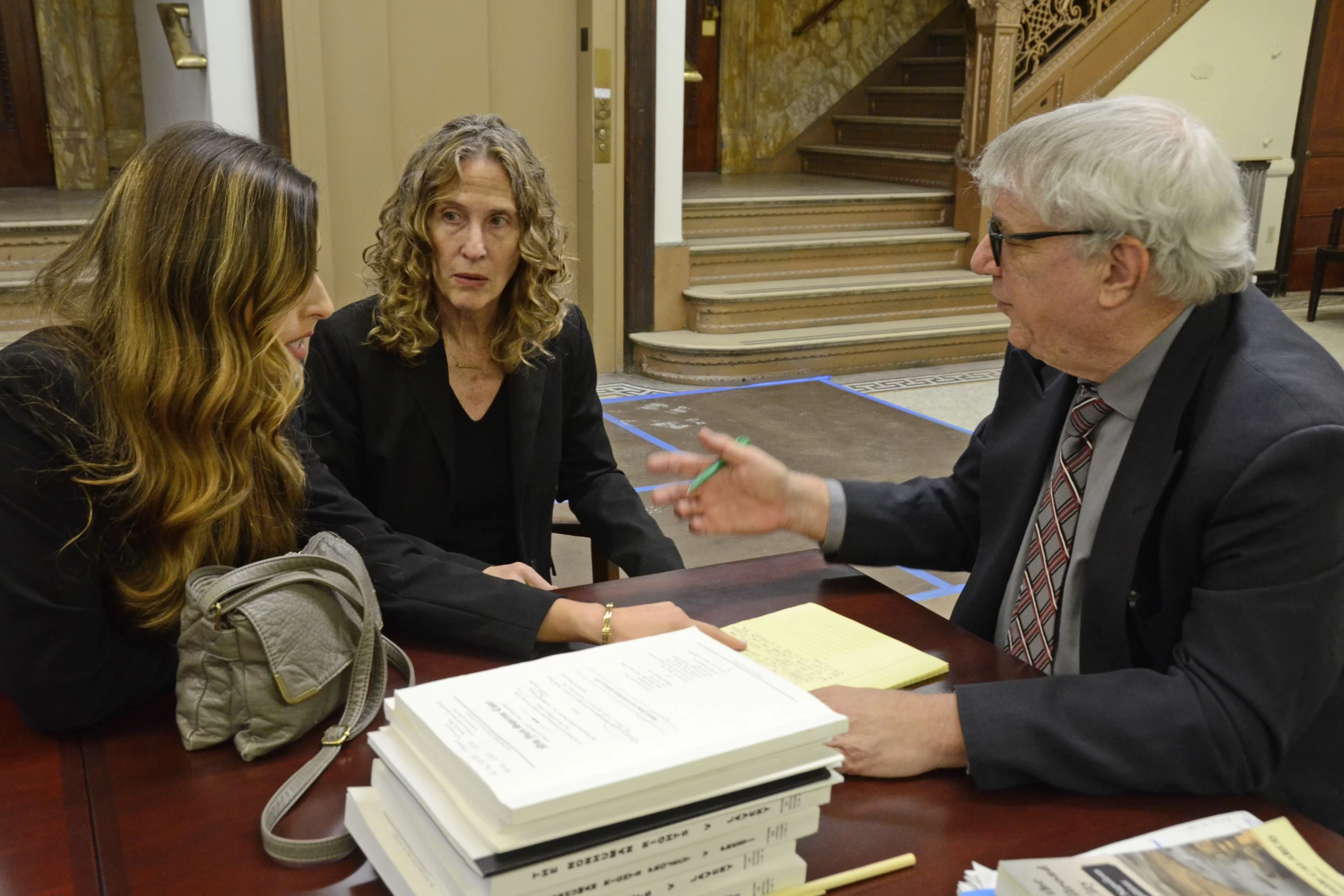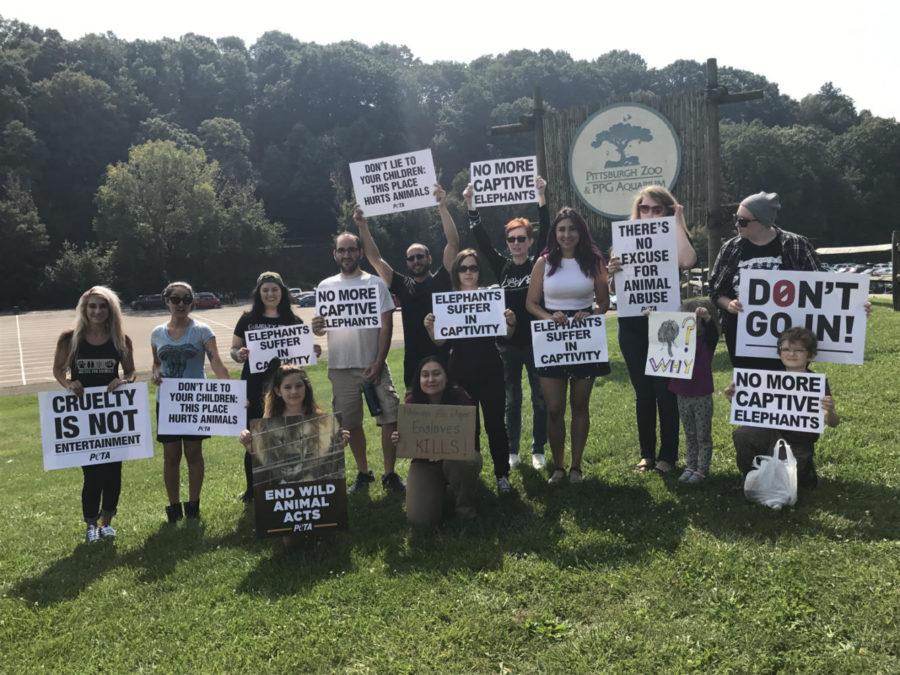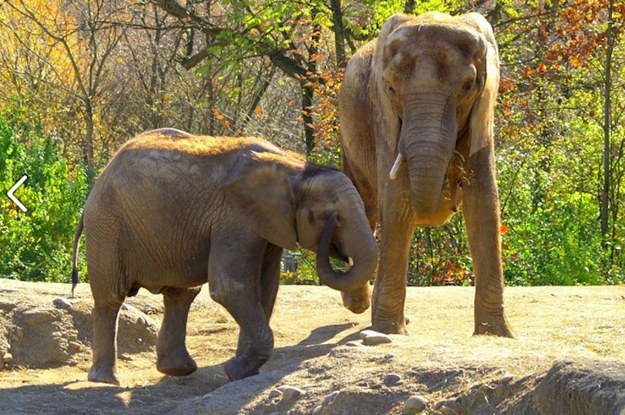The Pittsburgh Zoo & Aquarium has found itself at the center of a legal storm after an animal rights group, the Nonhuman Rights Project (NhRP), filed a lawsuit demanding the release of its five elephants from captivity. This marks the first case of its kind in Pennsylvania, sparking a national conversation about animal rights, zoo ethics, and the legal status of nonhuman animals.
The Lawsuit and Its Claims
The NhRP, a Washington, D.C.-based nonprofit organization dedicated to securing legal rights for nonhuman animals, filed the lawsuit in Allegheny County Court on Tuesday. The group argues that the zoo’s conditions are “grossly inadequate” and that the elephants—Angeline, Savanna, Tasha, Victoria, and Zuri—are suffering both physically and psychologically due to their confinement.
According to the lawsuit, the elephants exhibit signs of stress and trauma, such as rocking, swaying, and head-bobbing, which experts say are indicators of chronic distress. The NhRP claims these behaviors stem from loneliness, boredom, and frustration, all of which they argue are consequences of life in captivity.
The lawsuit also highlights that the zoo’s space is insufficient to meet the elephants’ physical, social, and emotional needs. It states that no zoo can adequately care for elephants with only a few acres of space, and that the Pittsburgh Zoo specifically fails to meet these requirements.
A New Legal Frontier
This case represents a significant shift in how the legal system might approach the rights of nonhuman animals. The NhRP is asking the court to issue an “order to show cause,” which would require the zoo to justify keeping the elephants in captivity during a habeas corpus hearing. Ultimately, the group wants the court to either release the elephants to a sanctuary or consider them for rewilding.
Elizabeth Stein, the NhRP’s litigation director, emphasized that the scientific evidence submitted in support of the lawsuit shows the elephants are suffering because they are deprived of their freedom. She stated, “The courts have the power and duty to remedy this.”
This is not the first time the NhRP has taken legal action on behalf of captive animals. The group previously sued for the release of an elephant in the Bronx Zoo and seven chimpanzees, though those cases were unsuccessful. In each instance, judges ruled that animals do not have the same legal rights as humans.
However, this new case may be different. If successful, it could set a precedent for future lawsuits involving other animals in captivity.
The Pittsburgh Zoo’s Response
As of now, the Pittsburgh Zoo has not issued a public statement regarding the lawsuit. However, the zoo announced earlier this week that two of its elephants, sisters Victoria and Zuri, would be transferred to the zoo’s Conservation Center in Somerset County. The zoo described the move as part of efforts to improve herd dynamics and breeding.
Dr. Jeremy Goodman, the zoo’s president and CEO, stated in a release: “Every decision at the zoo is centered around the well-being of our resident animals. The plan for our elephants strengthens our ability to continue to provide world-class care while advancing our conservation mission.”
Despite this, the NhRP is seeking a court order to prevent the transfer of Victoria and Zuri until the case is resolved. The group argues that separating the elephants again would be harmful, especially since they have grown up together.
Background on the Pittsburgh Zoo
The Pittsburgh Zoo & Aquarium has faced scrutiny before over its treatment of animals. In 2015, the U.S. Department of Agriculture (USDA) investigated the use of dogs to control elephants at the zoo. That year, the zoo temporarily lost its accreditation by the Association of Zoos & Aquariums (AZA) but later regained it in 2024 after adopting stricter safety standards.
The NhRP has cited past allegations of mistreatment, including concerns about the elephants’ living conditions and social interactions. They argue that the zoo has failed to provide an environment that meets the complex needs of these highly intelligent and social animals.
Public Reaction and Animal Rights Debate
The lawsuit has sparked a heated debate across the country. Supporters of the NhRP argue that animals like elephants deserve the right to live freely, just as humans do. They point to the growing body of research on animal cognition and emotion, which suggests that many animals experience pain, fear, and joy in ways similar to humans.
Opponents, however, argue that zoos play a vital role in conservation, education, and wildlife protection. They believe that captive environments can be beneficial for species that are endangered or threatened in the wild.
The case has also raised questions about the legal definition of personhood. While animals are not currently recognized as legal persons in most jurisdictions, the NhRP is pushing for a reevaluation of this stance, particularly for species that demonstrate advanced cognitive abilities.
What Comes Next?
The next step in the case will involve the Allegheny County Court of Common Pleas reviewing the NhRP’s petition. If the court agrees to hold a habeas corpus hearing, the zoo will have to present its case for why the elephants should remain in captivity.
The outcome of this case could have far-reaching implications, not just for the Pittsburgh Zoo, but for the entire zoo industry. It may also influence future legislation and policy regarding animal welfare and rights.
Until then, the debate continues. For now, the focus remains on the five elephants at the Pittsburgh Zoo, whose fate may soon be decided by a judge.
Conclusion
The lawsuit against the Pittsburgh Zoo is more than just a legal battle—it’s a reflection of a broader societal shift in how we view animals and their rights. As the NhRP pushes for the release of the elephants, the case raises important questions about the ethics of captivity, the role of zoos, and the evolving legal landscape for nonhuman animals.
Whether the court sides with the NhRP or the zoo, one thing is clear: the conversation about animal rights is far from over.
Author: [Name]
Title/Role: [Journalist and Animal Rights Advocate]
Credentials: [With over a decade of experience covering environmental and animal welfare issues, [Name] has written extensively on the ethical treatment of animals in captivity.]
Profile Link: [Optional: Link to author profile]
Meta Title: US Trending News: Pittsburgh Zoo Sued Over Elephant Treatment
Meta Description: Learn what’s happening as the Pittsburgh Zoo faces a lawsuit from an animal rights group demanding the release of its elephants. Stay updated with the latest news.
Related Articles:
– Understanding the Ethics of Captivity
– How Zoos Impact Wildlife Conservation
– The Rise of Animal Rights Movements
Image Optimization:
–
– 
–
– 
– 
Schema Markup:
{
"@context": "https://schema.org",
"@type": "Article",
"headline": "US Trending News: Pittsburgh Zoo Faces Legal Action: What You Need to Know",
"datePublished": "2023-10-15",
"author": {
"@type": "Person",
"name": "[Name]"
},
"publisher": {
"@type": "Organization",
"name": "[Publication Name]",
"logo": {
"@type": "ImageObject",
"url": "[Logo URL]"
}
},
"description": "Learn what's happening as the Pittsburgh Zoo faces a lawsuit from an animal rights group demanding the release of its elephants."
}
Featured Snippet (40-60 words):
The Pittsburgh Zoo is facing a lawsuit from the Nonhuman Rights Project, which is demanding the release of its five elephants. The group claims the animals are suffering due to inadequate living conditions and lack of freedom. The case is the first of its kind in Pennsylvania and could set a legal precedent for animal rights.
CTA:
Stay updated with the latest news on the Pittsburgh Zoo lawsuit and the ongoing debate over animal rights. Explore today’s headlines to stay informed.











More Stories
US Trending News: The ‘Your Mom’ White House: A Trendy Take on Political Humor
US Trending News: Who Is Karoline Leavitt, ‘Your Mom’ in Political Memes?
How Will VA Compensation Be Affected by a Government Shutdown?